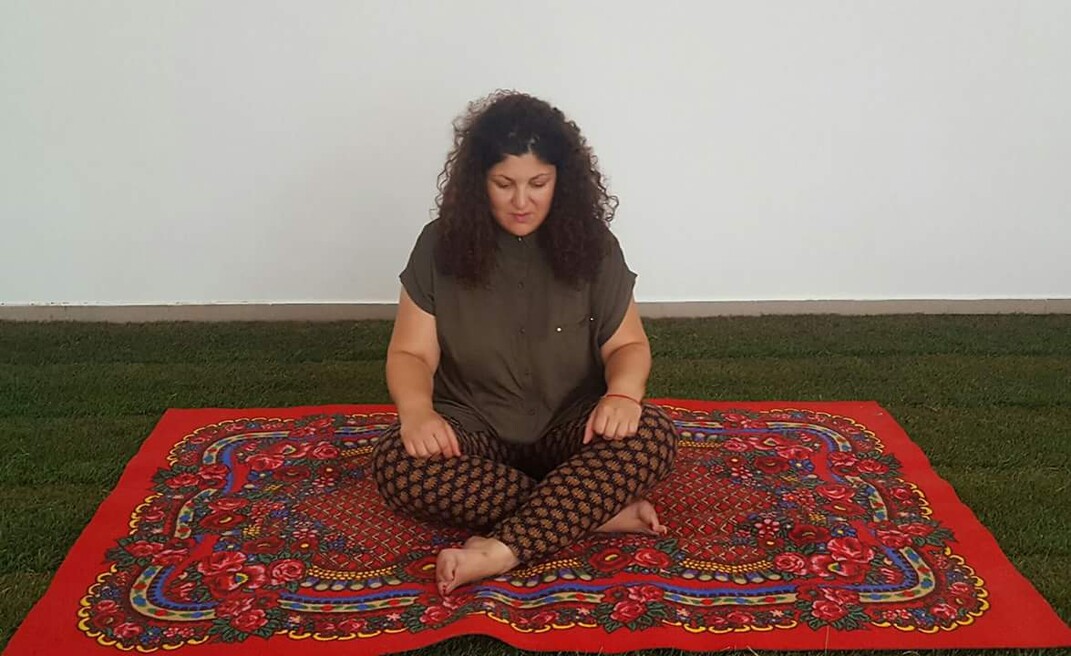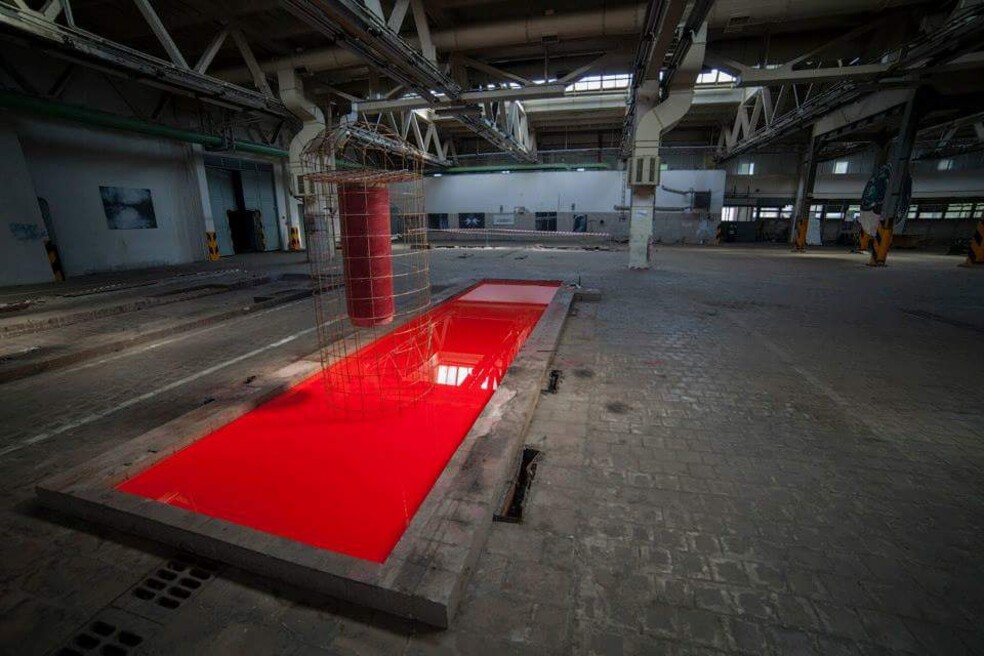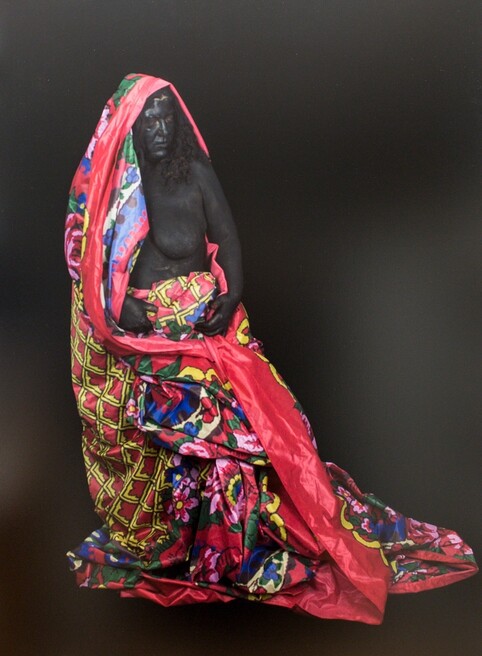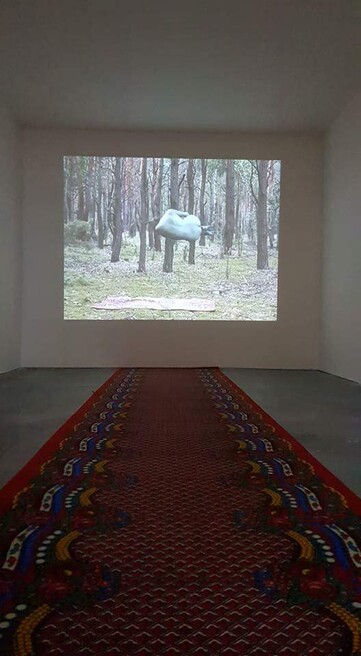Emília Rigová
area: Video, Photography, Installation, Performance
Key Facts
nationality
Slovakiaarea
Video, Photography, Installation, Performanceresidence
Trnavarecommending institution
tranzit.org/ERSTE Stiftungtime period
June 2018 - June 2018Emília Rigová (born 1980) is a visual artist coming from the Slovak Republic. In addition to her engagement with art, she teaches art courses (object, multi-media, inter-media) at Matej Bel University in Banská Bystrica. For Rigová, an object in the form of an installation, as a performance or a site-specific intervention is a basic element of her art language. Further, she expresses herself through 2D interface of a computer graphics, informed by the fundaments of classical painting. Concerning the content of her work, she explores emotions modified by a specific socio-cultural environment. The main themes of her works are cultural or social stereotypes, alter ego, Romani identity, and psychological shadows. She had exhibitions in Austria, the Czech Republic, Germany, Hungary, Poland and Slovakia.
The tentative title: The Final Cut
My project for the residency at the MuseumsQuartier will deal with the topic of the coercive sterilizations of Romani women in socialist Czechoslovakia and post-socialist succession states. Romani women were in large numbers subjected to sterilization without an informed consent, under a false pretext, or waywardly without their awareness. The directive on sterilizations was abolished by the respective countries in 1993, yet the practice continued for more than a decade. According to the report by the European Roma Rights Centre, entitled Coercive and Cruel, the last registered case of forced sterilization occurred in 2007.
This topic is personally relevant for me, as my mother was subjected to sterilization in 1980 without her awareness and found out about only after 1989 during the regular medical check-up. However, my artistic enunciation does not aim at communicating individual experience of my mother, but of all women in various historical, political and geographical contexts whose have been robbed not only of their bodily integrity but also of their joys and worries… The title of the intended project is also an allusion to final solution and thus related communist practices with eugenics practices of the Nazi regime. This inclusivity makes the project relevant locally, but also universally. As concerns the formal means, I will use historical photographs and documents related to the period in question. Further, I will use picture manipulation and narrative mystification to create personas of my unborn siblings. This project is intended as a contribution to the coming with terms with this painful topic on both personal and societal levels and as a personal imprint into our collective memory.
During my Q21 residency, I worked on the Final Cut project. This project is devoted to the topic of sterilization of Romani women. The result of my research will be an exhibition that will be divided into two parts. One part maps the historical context of the theme of eugenics from II. World War and the Communist regime. The second part of the project is personal and is dedicated to my family and as our family has influenced the fact that my mother was sterilized without her consent and consciousness. During my stay in Vienna, I traveled to an international workshop for registered participants organized at NYU in Prague. The workshop was focus on analysing the reasoning behind the forced sterilization of Roma in the Czech(oslovak) Republic in the context of eugenics and the welfare state. The invited scholars who have dealt in their research with the forced sterilization of Roma in Communist Czechoslovakia, as well as scholars focused on sterilization practices in the Scandinavian context where forced sterilization was used as an official tool of the welfare state up to the 1970s. Another important topic of the workshop and of the roundtable was be the compensation of the victims, and they have therefore invited members of advocacy groups and representatives of the victims to participate as well. Speakers at the workshop:
Angéla Kócze, CEU, Budapest
Maija Runcis, Stockholm University
Celia Donert, University of Liverpool
Edit Szenassy, Charles University, Prague
During this workshop, I have established valuable contacts and possibilities of working with historians whose participation in my project is very much needed. This topic is really challenging and I'm not going to end it after a month and perhaps even after a year.
During the residence I visited and saw many exhibitions and met the artists. In addition, I participated in the roma Romano Svato Festival, which lasted for 4 days. During the festival, I was most interested in the feminist debate with Ethel Broks, where she read her manifesto or theatrical performance attending the Maxim Gorki Teatro Roma Armee in the Volkstheater.



